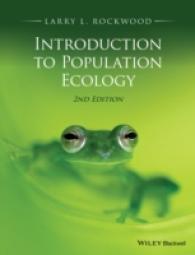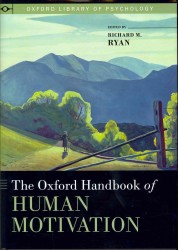Full Description
The book reports on the development and validation of a computerized adaptive EFL test, which is used as an exit requirement for non-English-major undergraduates at a major Chinese university. Unlike the tests reported in previous research on computerized adaptive language test (CALT), which were mostly designed to assess vocabulary, grammar and reading, this test consists of listening and reading components using both dichotomously-scored stand-alone items and polytomously-scored testlet-based items. The book is an essential and stimulating read for researchers and graduate students in the testing domain, particularly for those who are interested in CALT, item response theory (IRT), and quantitative research methods in general. It also constitutes a solid reference resource for L2 teachers and test developers. One of the distinctive features of the book is its operationalization of assessment use argument (AUA) in the investigation of the construct validity of the CALT. Another strength of this book is that it provides insight into the specific procedures that are followed in the development of CALTs and addresses a few key issues, such as local item dependence and DIF detection that were ignored in previous CALT development research.
Contents
Chapter 1. Introduction.- Chapter 2. Item response theory.- Chapter 3. Validation frameworks and methods.- Chapter 4. Components of computerized adaptive language testing.- Chapter 5. Design of computerized adaptive language tests.- Chapter 6. Validation of computerized adaptive language tests.- Chapter 7. Conclusion.








